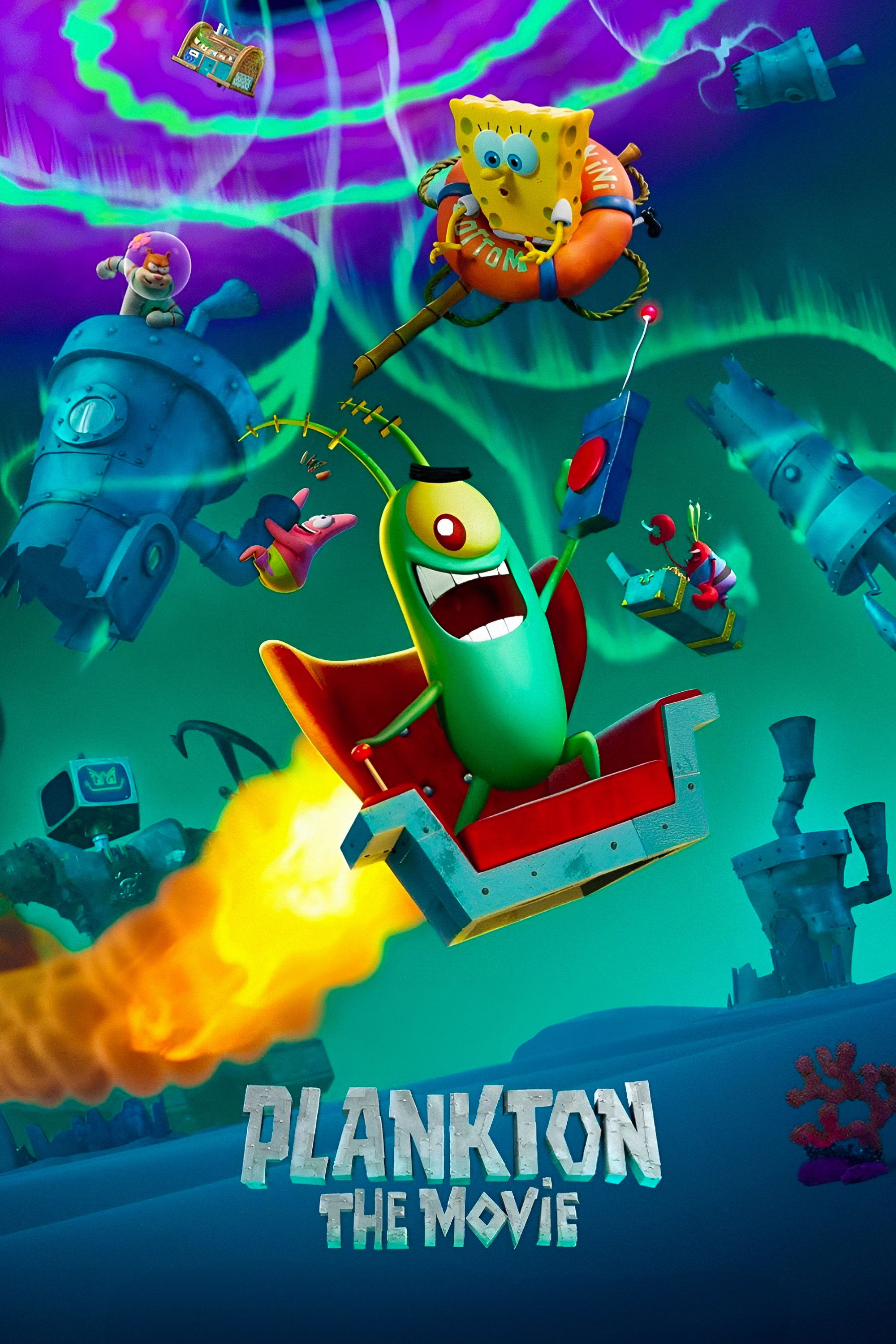Ever wondered why movie universes are all the rage these days? Well, buckle up because we’re diving deep into the world of interconnected films, shared universes, and why they’ve become the holy grail of modern cinema. From Marvel to DC, and even smaller franchises, movie universes are here to stay—and they’re changing the game for both filmmakers and fans alike. So, what exactly is a movie universe, and why should you care? Let’s find out.
Imagine this: you’re sitting in a theater, popcorn in hand, and suddenly a post-credit scene drops that hints at a crossover between two of your favorite characters. Your heart races, your mind races, and before you know it, you’re already planning your next movie night. That, my friend, is the magic of a movie universe. It’s not just about watching one film—it’s about being part of something bigger.
But here’s the kicker: not all movie universes are created equal. Some thrive, some flop, and others leave you scratching your head wondering what the heck just happened. In this guide, we’ll break down everything you need to know about movie universes, from their origins to their impact on the film industry. So grab your favorite snack, and let’s get started.
Read also:Jesy Nelson Biography Facts Journey After Little Mix
What Exactly is a Movie Universe?
A movie universe is essentially a shared fictional world where multiple films, TV shows, and even video games exist together. Think of it as a giant sandbox where all your favorite characters can play together. These universes often have interconnected storylines, shared lore, and sometimes even crossovers that blow your mind. But don’t just take my word for it—let’s dive deeper.
Key Characteristics of a Movie Universe
Here are a few things that make a movie universe unique:
- Shared World: All the characters and stories exist in the same fictional universe.
- Interconnected Stories: Events in one film can directly impact another, creating a sense of continuity.
- Crossovers: Characters from different films can team up, fight, or even have romantic subplots.
- Fan Engagement: Movie universes often encourage fans to dive deeper into the lore, creating a more immersive experience.
Now that we’ve got the basics down, let’s explore why movie universes have become such a big deal in the film industry.
Why Movie Universes are Taking Over Hollywood
The rise of movie universes isn’t just a trend—it’s a revolution. Studios are realizing that building a shared universe can lead to massive box office success. Why? Because fans love the idea of seeing their favorite characters interact in new and exciting ways. Plus, it’s a great way to keep people coming back for more.
The Business of Movie Universes
From a business perspective, movie universes make a lot of sense. They allow studios to create multiple films that feed into each other, keeping audiences engaged over a long period. Plus, they open up opportunities for merchandising, spin-offs, and even theme park attractions. It’s a win-win for everyone involved.
But it’s not just about the money. Movie universes also give filmmakers the chance to tell bigger, more ambitious stories. Instead of being limited to a single film, they can expand their narratives across multiple movies, creating a richer, more complex world.
Read also:Watch Movies Stream Your Guide To Vegamovies 4k More
The Origins of Movie Universes
While movie universes might seem like a modern phenomenon, they’ve actually been around for a long time. The concept of shared fictional worlds dates back to the early days of cinema, with franchises like Universal Monsters and even old-school comic books paving the way for what we see today.
The Granddaddy of Them All: Marvel Cinematic Universe
When people talk about movie universes, the Marvel Cinematic Universe (MCU) is usually the first thing that comes to mind. Launched in 2008 with "Iron Man," the MCU has become a cultural phenomenon, grossing billions at the box office and spawning countless spin-offs, TV shows, and even theme park rides.
What makes the MCU so successful? It’s all about world-building. Marvel has spent years carefully crafting a universe that feels cohesive and immersive, while also leaving room for creativity and surprises. And let’s not forget those iconic post-credit scenes that keep fans on the edge of their seats.
Not All Movie Universes Are Created Equal
While the MCU might be the gold standard, not every attempt at a movie universe has been successful. Some have flopped spectacularly, leaving fans and critics alike scratching their heads. So, what separates the winners from the losers?
The Good, the Bad, and the Ugly
- The Good: Marvel Cinematic Universe, DC Extended Universe (DCEU), Star Wars
- The Bad: Dark Universe, Justice League (initial attempt)
- The Ugly: Universal Monsters (modern attempt)
What these examples show is that building a successful movie universe isn’t just about having cool characters and big budgets. It’s about storytelling, world-building, and understanding what fans want.
The Impact of Movie Universes on Pop Culture
Movie universes have had a massive impact on pop culture, influencing everything from fashion to fan art. Fans love the idea of being part of something bigger, and movie universes give them that sense of community and belonging. But it’s not just about the fans—movie universes have also changed the way filmmakers approach storytelling.
The Rise of Fan Service
One of the biggest changes brought about by movie universes is the rise of fan service. Studios are now more aware of what fans want, and they’re willing to go to great lengths to deliver it. Whether it’s a surprise cameo or a long-awaited crossover, fan service has become a key part of the movie universe formula.
But here’s the thing: fan service can be a double-edged sword. While it can keep fans engaged, it can also alienate newcomers who aren’t familiar with the lore. Finding the right balance is key to creating a successful movie universe.
Challenges Facing Movie Universes
As popular as movie universes are, they’re not without their challenges. From creative differences to audience fatigue, studios face a number of obstacles when building a shared universe. Let’s take a look at some of the biggest challenges.
Over-Saturation
One of the biggest risks of movie universes is over-saturation. With so many films and TV shows being released, audiences can start to feel overwhelmed. This can lead to fatigue, where fans lose interest in the franchise altogether. Studios need to be careful not to release too much too soon, or they risk burning out their audience.
Another challenge is maintaining quality. As franchises grow, it can be difficult to keep the same level of storytelling and world-building that made them successful in the first place. This is where creative teams need to step up and ensure that each new addition to the universe is just as good—if not better—than the last.
The Future of Movie Universes
So, where do movie universes go from here? With streaming services like Disney+ and HBO Max changing the way we consume content, the possibilities are endless. Studios are already experimenting with new ways to expand their universes, from animated series to live-action spin-offs.
The Role of Streaming Platforms
Streaming platforms have opened up new opportunities for movie universes, allowing studios to tell stories that might not have fit into a traditional film format. Shows like "The Mandalorian" and "WandaVision" have shown that there’s a huge appetite for serialized storytelling within a shared universe.
But here’s the real question: will movie universes continue to dominate the industry, or will audiences eventually move on to something new? Only time will tell, but one thing’s for sure—movie universes aren’t going anywhere anytime soon.
How Movie Universes Impact the Film Industry
Movie universes have had a profound impact on the film industry, changing the way studios approach everything from marketing to storytelling. They’ve also created new opportunities for filmmakers, allowing them to tell stories that span multiple films and media platforms.
The Business Side of Things
From a business perspective, movie universes have been a game-changer. They’ve allowed studios to create franchises that can generate revenue for years, if not decades. This has led to a shift in focus from standalone films to larger, more interconnected projects.
But it’s not just about the money. Movie universes have also changed the way fans interact with films, creating a more immersive and engaging experience. Whether it’s through merchandise, theme parks, or even social media, fans now have more ways than ever to connect with their favorite franchises.
How to Build a Successful Movie Universe
Building a successful movie universe isn’t easy, but it’s not impossible. Here are a few tips for studios looking to create their own shared universe:
Key Strategies for Success
- Start Small: Don’t try to build the entire universe at once. Start with a few key characters and stories, and expand from there.
- Focus on Storytelling: At the end of the day, it’s all about the story. Make sure each film or show adds something meaningful to the universe.
- Engage with Fans: Listen to what fans want, and incorporate their feedback into the universe.
- Be Patient: Building a successful movie universe takes time. Don’t rush the process, or you risk alienating your audience.
By following these strategies, studios can create movie universes that resonate with audiences and stand the test of time.
Conclusion: Why Movie Universes Matter
Movie universes have become a defining feature of modern cinema, offering fans a chance to explore rich, immersive worlds filled with their favorite characters. From Marvel to Star Wars, these universes have captured the hearts and minds of audiences around the globe. But they’re more than just entertainment—they’re a testament to the power of storytelling and the human desire to connect with something bigger than ourselves.
So, whether you’re a die-hard fan or just curious about what all the fuss is about, there’s never been a better time to dive into the world of movie universes. And who knows? You might just find yourself hooked.
Now it’s your turn. What’s your favorite movie universe? Let us know in the comments below, and don’t forget to share this article with your friends. Until next time, keep exploring the multiverse!
Table of Contents
- What Exactly is a Movie Universe?
- Why Movie Universes are Taking Over Hollywood
- The Origins of Movie Universes
- Not All Movie Universes Are Created Equal
- The Impact of Movie Universes on Pop Culture
- Challenges Facing Movie Universes
- The Future of Movie Universes
- How Movie Universes Impact the Film Industry
- How to Build a Successful Movie Universe
- Conclusion: Why Movie Universes Matter


